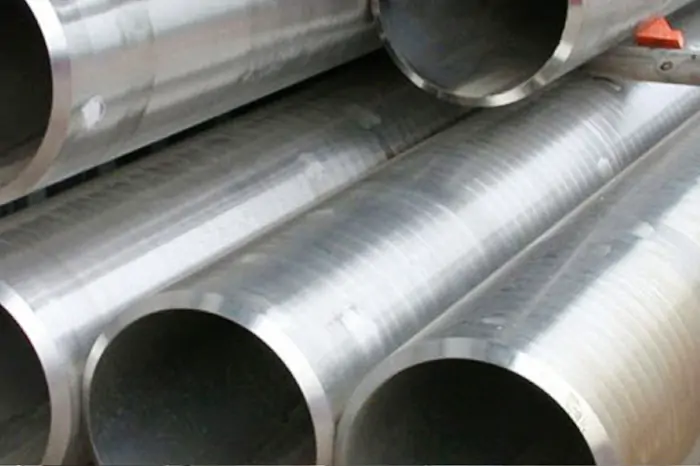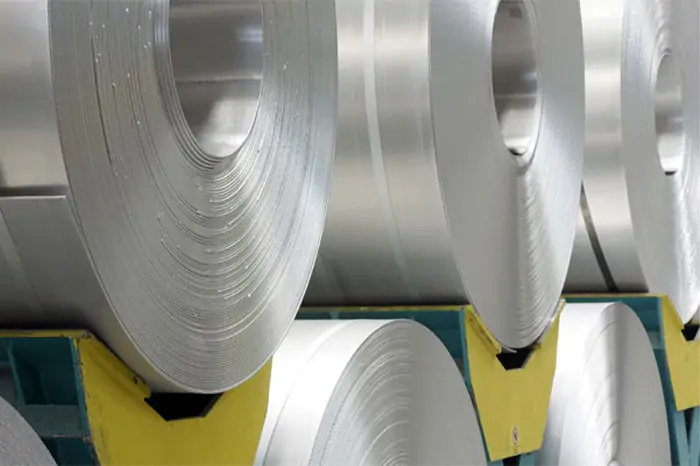High-temperature environments pose a significant challenge for materials used in industrial applications. Among these materials, titanium alloys stand out for their impressive high-temperature oxidation resistance. This article explores the properties that make titanium alloys suitable for high-heat environments and the applications that benefit from their use.
Table of Contents
ToggleTitanium alloys are a group of metals known for their strength, lightweight nature, and excellent corrosion resistance. These characteristics make them invaluable in industries such as aerospace, automotive, and chemical processing. However, one of their most critical properties is their ability to resist oxidation at high temperatures.
Oxidation Resistance of Titanium
Oxidation is a chemical reaction that occurs when materials are exposed to oxygen, especially at elevated temperatures. This reaction can lead to material degradation, affecting its structural integrity and performance. Titanium alloys, however, form a protective oxide layer when exposed to high temperatures, which helps to prevent further oxidation and maintain their properties.
High Temperature Oxidation Resistance
The high temperature oxidation resistance of titanium alloys is primarily due to the formation of a stable titanium dioxide (TiO2) layer. This oxide layer acts as a barrier, protecting the underlying material from further exposure to oxygen. This property makes titanium alloys ideal for applications involving high-heat environments.
Titanium Alloys for High Temperature Applications
Titanium alloys are widely used in applications where high-temperature performance is crucial. In aerospace, for instance, they are used in jet engines and airframe components, where they can withstand the extreme temperatures encountered during flight. Similarly, in the automotive industry, titanium alloys are used in exhaust systems and turbocharger components, where high heat resistance is essential.
Benefits of Using Titanium Alloys
The use of titanium alloys in high-temperature environments offers several benefits:
- Durability: The oxidation resistance of titanium alloys ensures long-lasting performance, reducing the need for frequent maintenance or replacement.
- Lightweight: Titanium alloys are significantly lighter than many other high-temperature materials, contributing to weight savings in applications like aerospace and automotive.
- Corrosion Resistance: In addition to oxidation resistance, titanium alloys offer excellent corrosion resistance, making them suitable for harsh environments.
- Versatility: Titanium alloys can be tailored to meet specific performance requirements, providing flexibility in various applications.
Conclusion
The high-temperature oxidation resistance of titanium alloys makes them a top choice for industries requiring materials that can endure extreme conditions. Their ability to form a protective oxide layer, combined with their strength, lightweight nature, and corrosion resistance, ensures their continued use in high-temperature applications. As technology advances and demands for high-performance materials grow, titanium alloys will remain at the forefront of material innovation.
Incorporating titanium alloys into your applications? Share your experiences or questions in the comments below.








